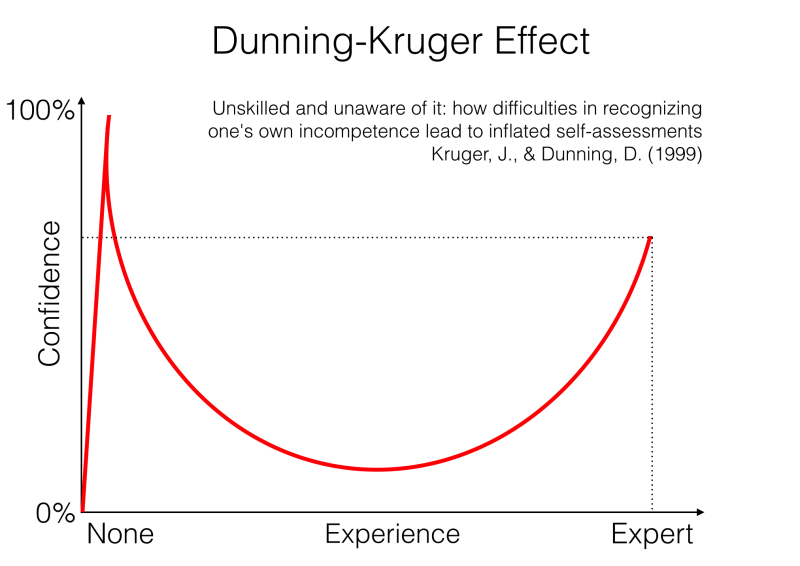-
1
- #1
Wanttolearnall
Structural
- Oct 14, 2015
- 6
Hi Engineers, I need your help
I am a recent graduate (1year ago) b.s. civil engineering. I had two internships before I started working for my current firm. I am facing big truble in learining.
It is an entry level as building design engineer. At the interview they said they will train me. I came in they gave me the codes and said read them. After a month or so they started giving me jobs one after an other.
With a very very little guideness. They talk to me like I know everything. My boss keeps blaming me constantly
Why didnt you do this, why didnt you do that. I keep telling him becuase I dont know.
On some jobs i keep doing hand calcs like i learned in school just to see how everything checks out. My boss tells me this is taking so much time. Just provide this memeber. Ok i know he has experience and feel comfortable saying this. What about me ? How can i know this member works by design? I keep asking alot of questions like why do u want to do this , and why dont we do that instead; my intention just to learn why they are doing anything specific so if i run to it again. I know the reason, they tell me this is what we do. No engineering reason in their answer. They keep telling me go ask that guy who has experience in working with the software. He is teaching me software not engineering. Its getting really hard because i feel i am like a machine do what i am told with little knowledge and no given reasons. I know how to calculate by hand things i learnd in school, but the industrial has more than that, and they dont give me enough time between jobs to actually understand what the program is doing. At this point I don't know what to do.
I dont want to run away from this firm, because i am seeing an opportunity to learn how to deal with problems and face them. I may be wrong though.
Any advice from you i would highly appreciated it.
I am a recent graduate (1year ago) b.s. civil engineering. I had two internships before I started working for my current firm. I am facing big truble in learining.
It is an entry level as building design engineer. At the interview they said they will train me. I came in they gave me the codes and said read them. After a month or so they started giving me jobs one after an other.
With a very very little guideness. They talk to me like I know everything. My boss keeps blaming me constantly
Why didnt you do this, why didnt you do that. I keep telling him becuase I dont know.
On some jobs i keep doing hand calcs like i learned in school just to see how everything checks out. My boss tells me this is taking so much time. Just provide this memeber. Ok i know he has experience and feel comfortable saying this. What about me ? How can i know this member works by design? I keep asking alot of questions like why do u want to do this , and why dont we do that instead; my intention just to learn why they are doing anything specific so if i run to it again. I know the reason, they tell me this is what we do. No engineering reason in their answer. They keep telling me go ask that guy who has experience in working with the software. He is teaching me software not engineering. Its getting really hard because i feel i am like a machine do what i am told with little knowledge and no given reasons. I know how to calculate by hand things i learnd in school, but the industrial has more than that, and they dont give me enough time between jobs to actually understand what the program is doing. At this point I don't know what to do.
I dont want to run away from this firm, because i am seeing an opportunity to learn how to deal with problems and face them. I may be wrong though.
Any advice from you i would highly appreciated it.

